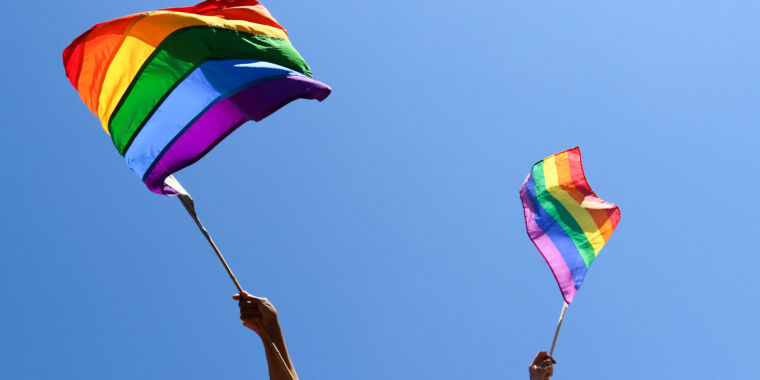
X quietly revived anti-misgendering policy that Musk dropped last year
GLAAD pushes to close loopholes allowing targeted misgendering of celebrities.
X quietly revived anti-misgendering policy that Musk dropped last year
GLAAD pushes to close loopholes allowing targeted misgendering of celebrities.
ASHLEY BELANGER - 2/29/2024, 1:00 PMEnlarge
paul mansfield photography | Moment
397
Last April, Twitter quietly edited its abuse and harassment policy to no longer explicitly ban deadnaming (calling transgender people by a former name) or misgendering (purposely using non-preferred pronouns or gender labels).
Twitter's decision came after Elon Musk suggested that his own tweets might violate the long-standing policy, which was first enacted in 2018. And that seemed to be that—until last month, when the platform, now called X, just as quietly reinstated a version of the old policy.
In a section labeled "Use of Prior Names and Pronouns," X's updated policy confirms that X will "reduce the visibility of posts that purposefully use different pronouns to address someone other than what that person uses for themselves, or that use a previous name that someone no longer goes by as part of their transition."
GLAAD's senior director of social media safety Jenni Olson told Ars that she believes policies explicitly banning deadnaming and misgendering are better than vague policies that don't make it clear what's banned. Clarity makes it easier for content moderators to act on valid reports of hate speech.
X's policy acknowledges that mods might struggle to discern violative uses of prior names and pronouns. That's why X says that, "given the complexity of determining whether such a violation has occurred, we must always hear from the target to determine if a violation has occurred."
Requiring users to self-report these attacks, Olson told Ars, places a significant burden on the victim, which is why GLAAD—which has spent the past 16 years providing guidance to all the major platforms on LGBTQ+ safety—doesn't recommend self-reporting requirements in a platform's moderation policies.
While Olson sees the changes at X as positive, the company's decision to reduce the visibility of attacks—rather than explicitly ban them—is still viewed by GLAAD as a step back from the stronger protections that users enjoyed on Twitter for years. X did not respond to Ars' request to comment.
Smaller platforms embrace stronger protections
On Thursday, GLAAD released a report asking all social media platforms to explicitly recognize targeted misgendering and deadnaming as hate speech.Sharing results from a 2023 survey of six widely used social media platforms' policies—including TikTok, YouTube, X, Facebook, Instagram, and Threads—GLAAD found that "only TikTok expressly prohibits targeted misgendering and deadnaming in its hate and harassment policy." As with X, rather than proactively removing offending posts, Meta's platforms provide paths for users to self-report misgendering and deadnaming.
For years, GLAAD has focused its efforts to expand online LGBTQ+ protections on companies operating the biggest platforms—Meta, Google, and Twitter/X. But more recently, GLAAD has had better luck winning over the operators of smaller platforms, like Discord and Snapchat.
For example, after a round of outreach to smaller platforms late last year, GLAAD advised Snapchat on a policy change in January in which Snapchat started prohibiting "any abuse in the form of intentional deadnaming or misgendering."
"The health and well-being of our community are our top priority, and we believe we have both a responsibility and a meaningful opportunity to support Snapchatters by maintaining a safe space for them to communicate with their friends," a Snap spokesperson told Ars. "We regularly update our community guidelines to ensure they continue to meet this goal, and most recently did so in January."
Discord similarly made headlines for working with GLAAD. Last December, it specifiedthat "you may not post, share, or engage in: Repeatedly using slurs to degrade and demean individuals or groups. This includes deadnaming or misgendering a transgender person."
Discord's "important policy update," a spokesperson told Ars, was part of Discord's "ongoing efforts to ensure Discord remains a safe and inclusive place for people to hang out and talk together." Because of the explicit ban, targeted deadnaming and misgendering is now included in sweeps that proactively removed hate speech from Discord's servers 96 percent of the time in the last quarter of 2023, the spokesperson said.
GLAAD's report points to other platforms with explicit bans, including Tumblr, Pinterest, NextDoor, Post.news, and Spoutible. And Twitch's community guidelines expressly ban “intentionally referring to someone using a pronoun or form of address that does not correctly reflect the gender with which they identify, such as repeating incorrect pronouns after being asked to stop."
Olson said that seeing this momentum was "exciting" because although these are "small" changes, GLAAD sees them as "really important" protections.
"This is not about accidentally getting someone's pronouns wrong," Olson told Ars. "That's fine. That happens. This is about targeted misgendering and deadnaming with a clear intent of expressing hate and disrespect and contempt."
Some analysts consider decentralized social networks (read our primer) to be the future of social media. In these online ecosystems, users can choose their preferred servers with content moderation rules that share their values, which they can leave at any time without losing all the content they have posted or the connections they have made.
Olson told Ars that GLAAD has been working with the Independent Federated Trust and Safety (IFTAS) moderator community, which last month shared a sample code of conduct for Fediverse providers that want to ban misgendering and deadnaming. Noting that the "Fediverse has a proud history of longstanding support of LGBTQ+ issues," IFTAS put out a statement encouraging the adoption of rules it considers best practices because "it offers clear guidance to users, and it assists moderators in recognizing and understanding the intent behind such statements."
It's also important to understand that just because a platform has strong LGBTQ+ protections, it doesn't necessarily mean those policies are consistently enforced, Olson said.
"The actual enforcement of these things is a whole other topic," Olson said, noting that GLAAD found that all platforms "need to vastly improve on enforcement."
Loopholes allow targeted harassment of public figures
In 2023, GLAAD reported that a record number—91 percent—of "non-LGBTQ Americans overwhelmingly agree that LGBTQ people should be free to live their lives and not be discriminated against." However, on social media, Olson said, a small minority of people exploit loopholes in platforms' hateful conduct policies that make exceptions for speech targeting public figures."Public figures are not protected from a lot of extreme forms of hate speech," Olson told Ars, adding that this impacts other LGBTQ+ users, not just the person being targeted.
"Historically, marginalized groups—LGBTQ people, people of color, women—when they see those attacks on people who are part of the group that they belong to, they experienced that as harm to themselves," Olson said. Realizing this, "particularly high-follower hate accounts will use the attack on a public figure as a way of expressing general anti-trans hate."
GLAAD's report specifically calls out Meta as needing to close loopholes allowing targeted hate of public figures, likening Meta's hesitancy to do so to its history of failing to recognize that Holocaust denial is antisemitism.
"As is true of other creative hate and dog whistle content, targeted misgendering and deadnaming of public figures is quite obviously anti-trans hate speech," GLAAD's report said.
Meta did not respond to Ars' request to comment.
But the problem goes beyond Meta, GLAAD's report said, also calling out YouTube and X for allowing targeted hate of public figures.
One example in GLAAD's report highlighted a demonetized YouTube video attracting 3.5 million views from the controversial online commentator Jordan Peterson that deadnamed trans actor Elliot Page "dozens of times in the course of a 15-minute rant." After X removed policies banning misgendering and deadnaming in 2023, Peterson continued targeting Page on that platform, GLAAD's report said.
Other frequent famous targets, GLAAD said, include model Geena Rocero, Department of Health and Human Services official Admiral Rachel Levine, TikToker Dylan Mulvaney, and former NBA star Dwyane Wade's daughter, 16-year-old Zaya Wade.
GLAAD plans to continue advising platforms on best practices to improve LGBTQ+ safety, including releasing a second report Thursday recommending that platforms remove content promoting so-called "conversion therapy." Currently, TikTok, Facebook, Instagram, and Snapchat have policies banning such content, but platforms like X, YouTube, LinkedIn, and Discord do not, GLAAD found.
Olson told Ars that advocating for better protections is important because "social media, especially for LGBTQ people, and especially for LGBTQ youth, is this incredibly valuable, necessary resource" to connect, share experiences, and organize.
"It's where all kinds of good things do happen," Olson said.
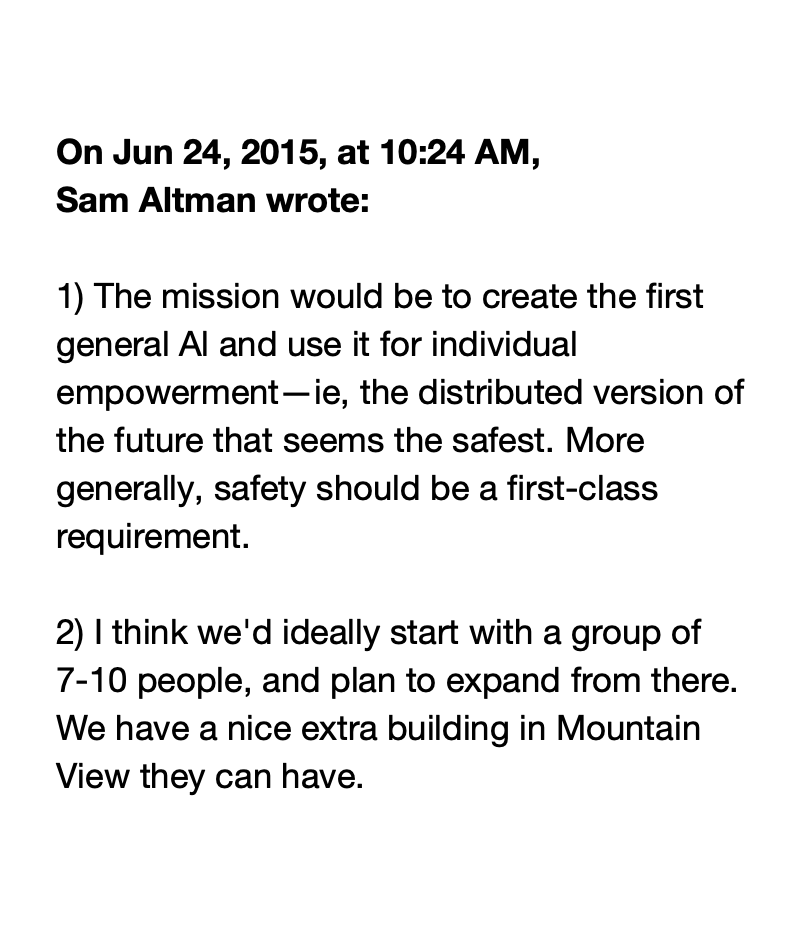
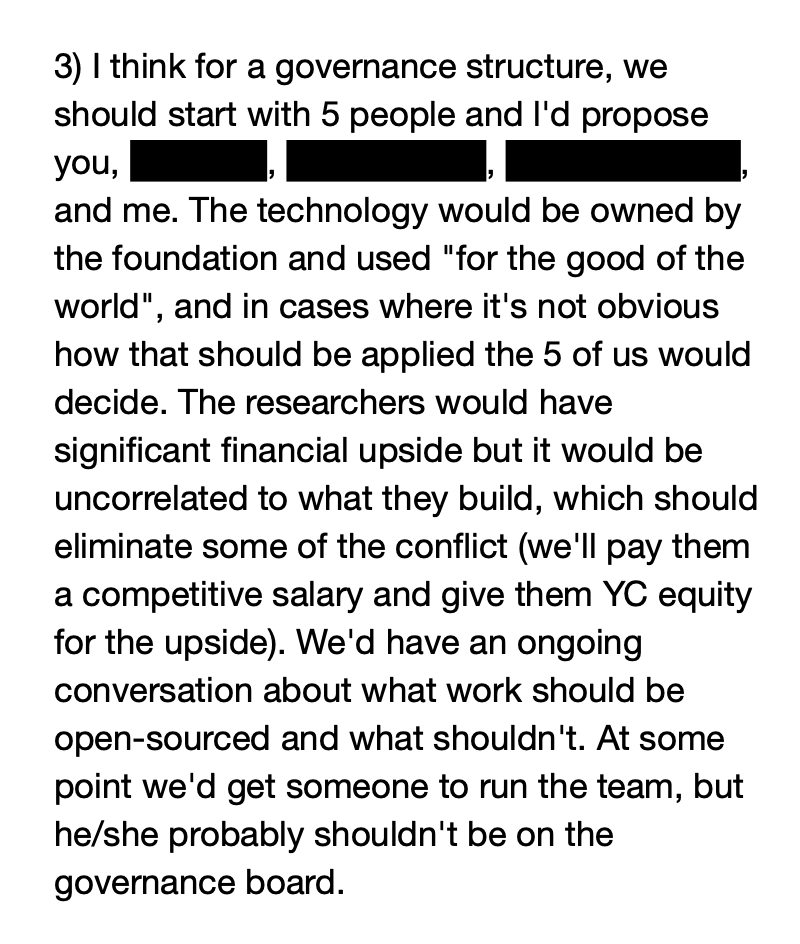

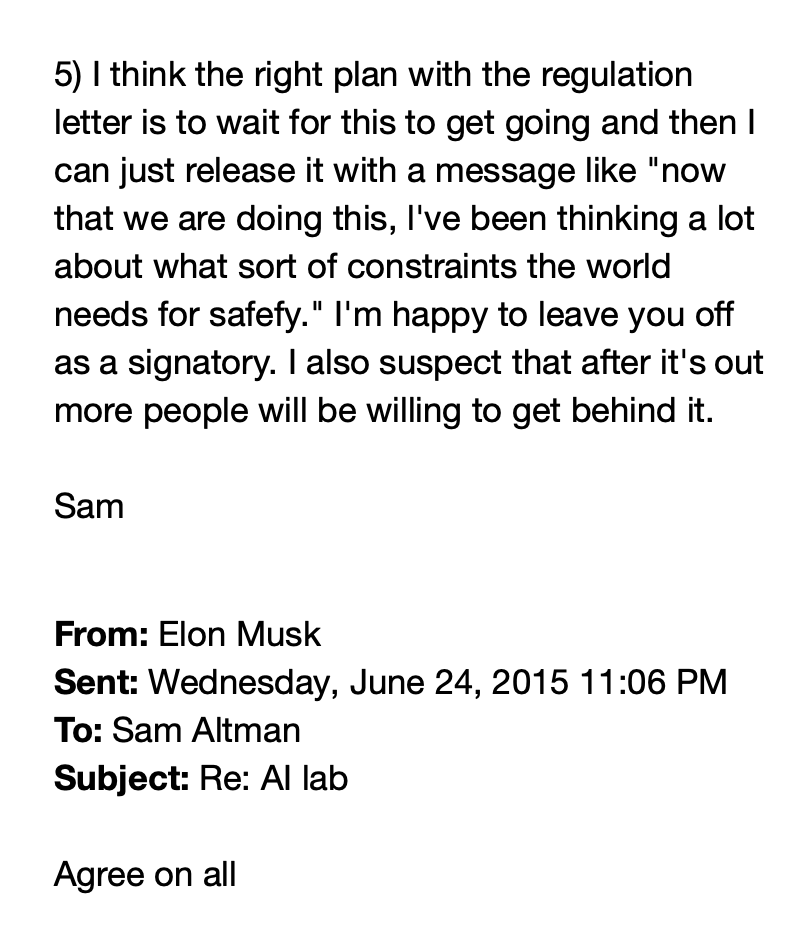
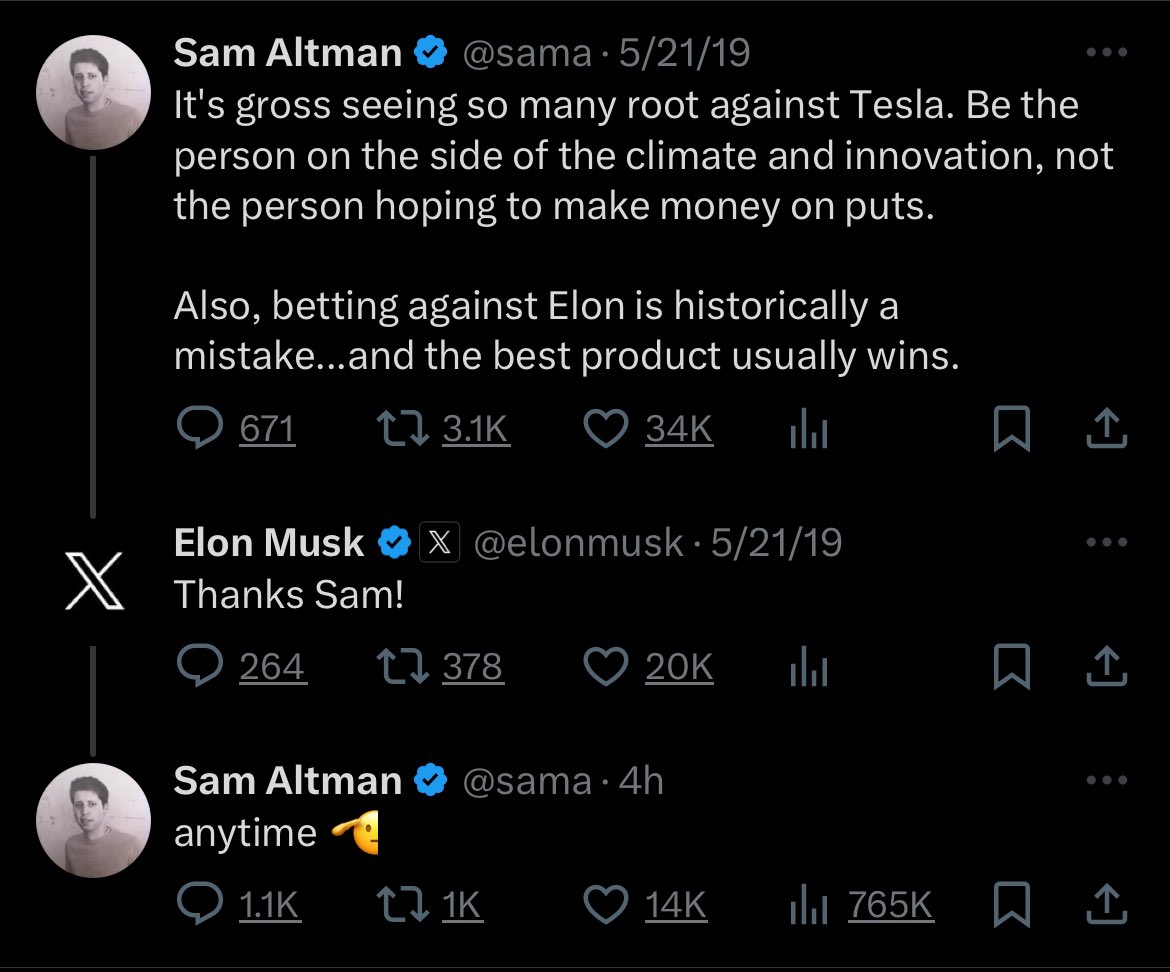

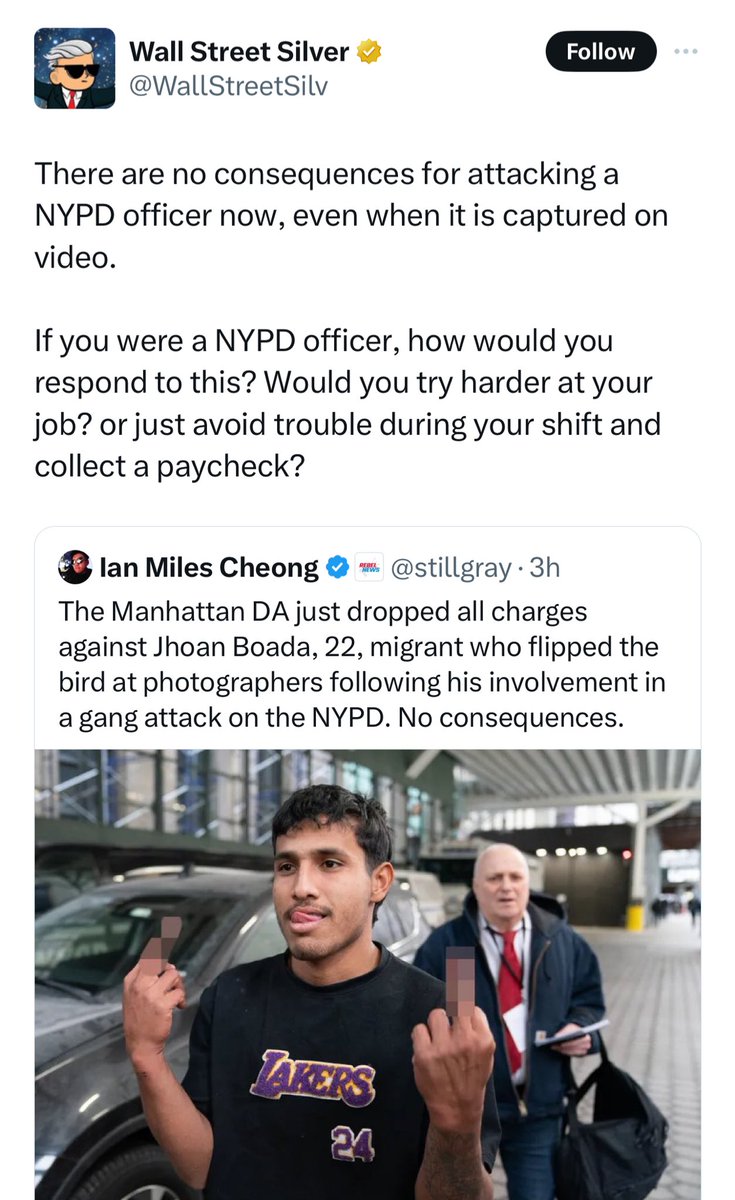
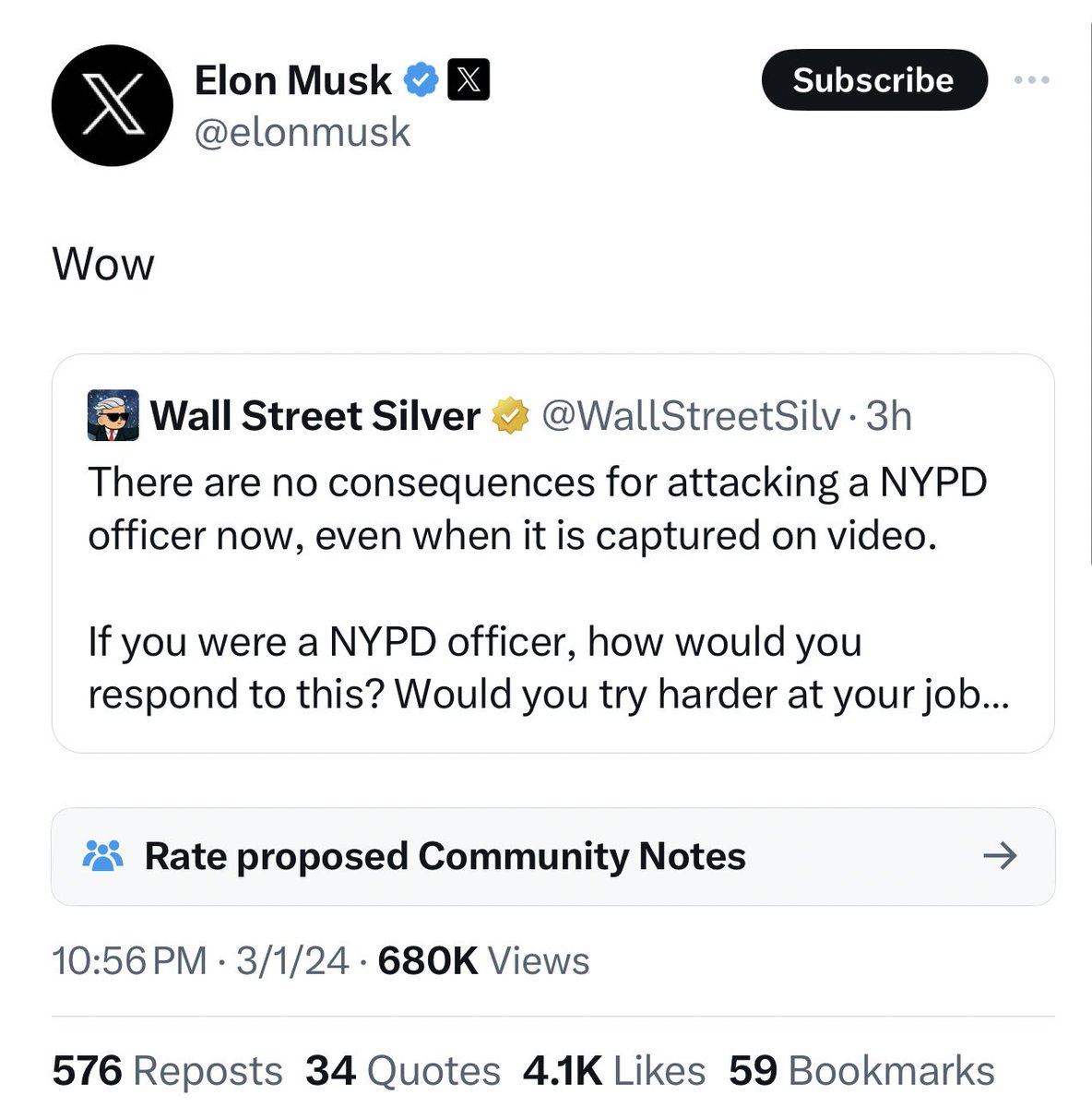
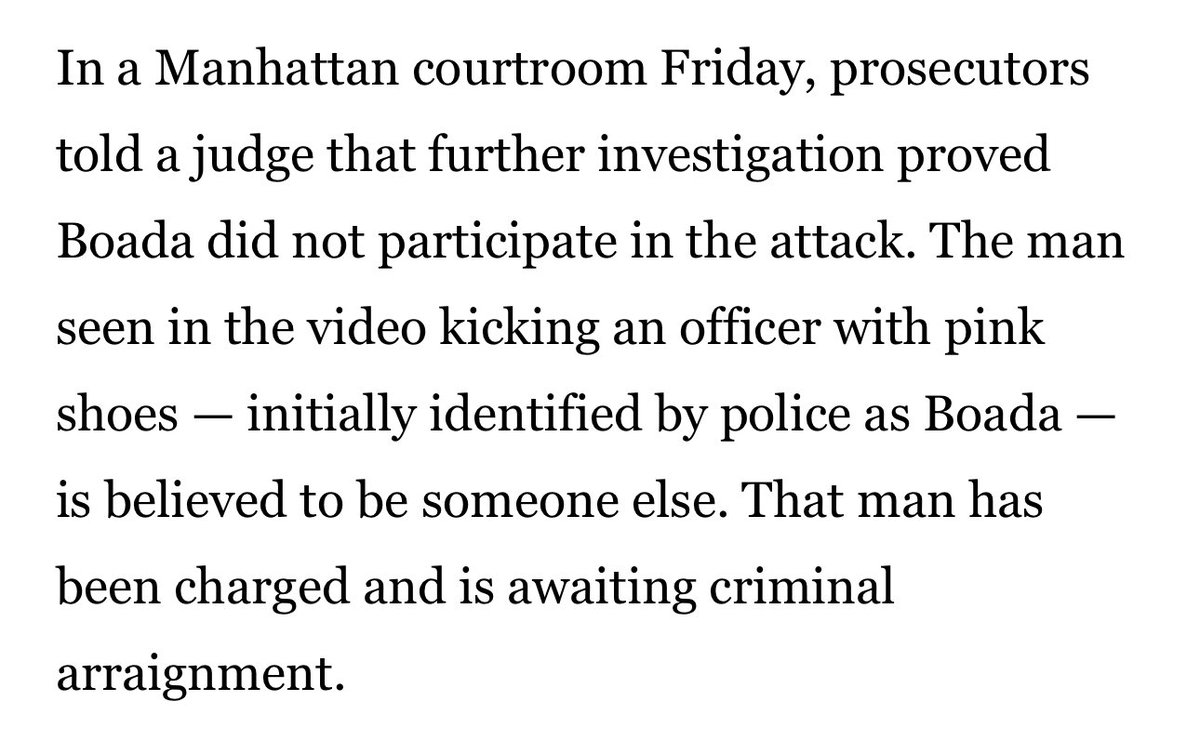











 Right-Wingers will be pissed because a core of Twitter addiction is knowing how many RT's they get.
Right-Wingers will be pissed because a core of Twitter addiction is knowing how many RT's they get.
